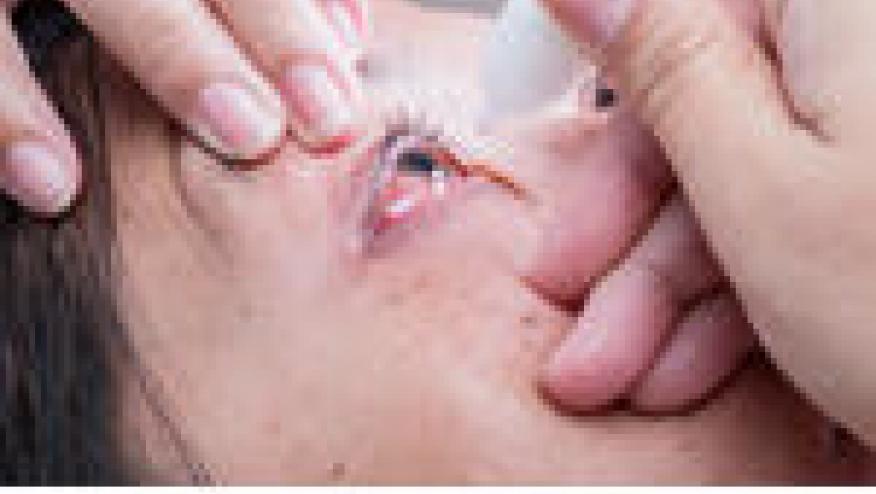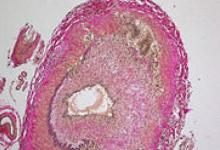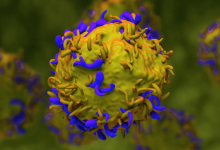Advances in Uveitis Associated with Juvenile Arthritis Save

Uveitis is a common association of juvenile idiopathic arthritis (JIA) that has previously been characterized by poor visual prognosis with limited options for effective treatment. Since corticosteroid treatment is not a preferred long-term option for most patients with this condition, systemic immunosuppressive therapy is frequently employed. The medical options for the treatment of JIA-associated uveitis have recently expanded beyond conventional immunosuppressive drugs to the biological agents. The biological drugs that are most commonly employed for JIA-associated uveitis are the tumor necrosis factor-α inhibitors. Other biological agents that have been used to treat the disease include drugs that target cytokine receptors, lymphocyte antigens and lymphocyte co-stimulation signals. This review focuses on the management of uveitis and the benefits of daclizumab, tocilizumab, rituximab, abatacept and TNF inhibitors.










If you are a health practitioner, you may Login/Register to comment.
Due to the nature of these comment forums, only health practitioners are allowed to comment at this time.